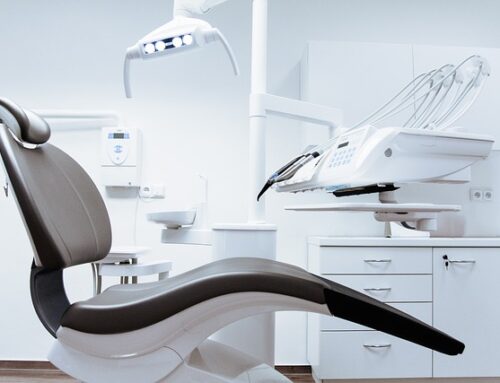I’m sure you have heard this a lot, but we have all been through so much for almost two years now as we deal with the ongoing COVID-19 pandemic. It seems like it is a vicious cycle, but we are in this together and we continue to find ways to improve care.
One thing we have learned is that there is a psychological impact on TMD patients, according to a recent study. This is important to keep in mind moving forward as we provide treatment for our patients with temporomandibular joint disorder (TMD) as well as sleep apnea.
What is the psychological impact?
Researchers in this study set out to assess the psychological impact of the COVID-19 pandemic on patients with TMD. They looked for symptomatology and the presence of parafunctions and sleep disorders. The study included 214 patients who completed an online questionnaire, which included a perceived stress scale, TMJ screening and a specific item on the impact of an event on the psychosocial side.
What they found was that the most prevalent category of perceived stress was of moderate stress. On average, patients noted that the pandemic had a medium-low impact on their stress and well-being. For symptoms experienced, many significantly noted neck pain. However, the severity of their symptoms during the pandemic was actually lower than before.
But, patients did worsen in one or more fields as it relates to TMD symptoms, comorbidities, sleep disturbances and fatigue. Awake and sleep bruxism, teeth grinding, alteration in the quality and quantity of sleep and fatigue increased.
This shows us that the most evident fact during the pandemic was the increase in sleep disorders and parafunctions, which shows us that even in our TMD patients, we need to pay attention to their quality of sleep. It isn’t a one-size-fits-all approach, so we need to make sure that we are paying extra close attention to all aspects of our patients with TMD’s lives, even sleep.





